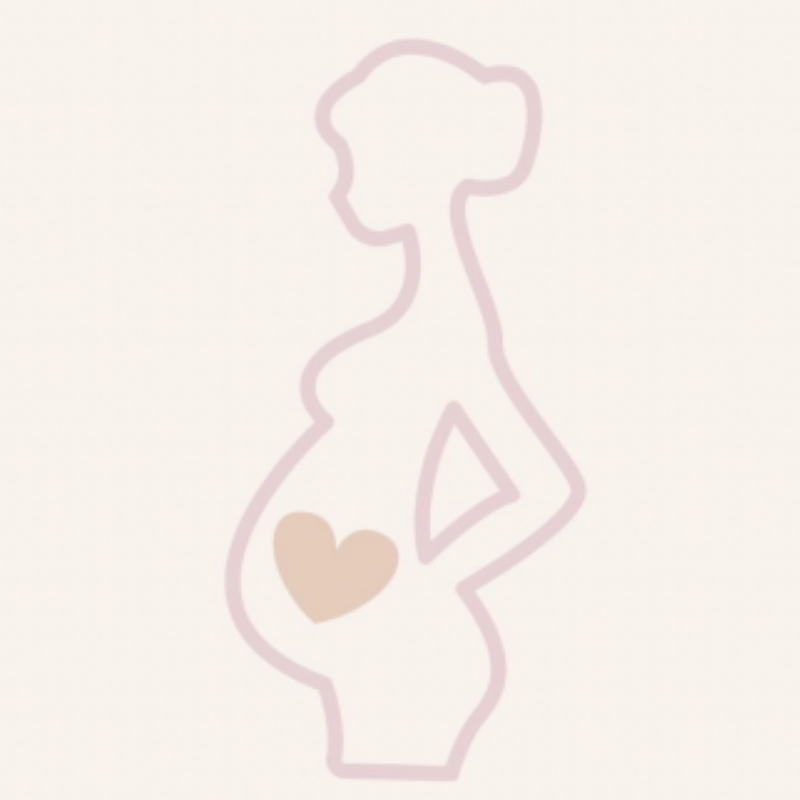Myths about breastfeeding

There are plenty of myths about breastfeeding!
Have you also sat there as a new mother, totally confused and downhearted by all the different claims and opinions about breastfeeding? When you have a baby, it seems like everyone suddenly knows what would be best for both you as a mother and your child. You know what, that's not true.
You know yourself and your child best. You also don't need to feel shame or guilt if you can't or don't want to breastfeed your child.
There are many who assert things and have opinions regarding breastfeeding, so in this post, we want to debunk 5 myths about breastfeeding!
5 Myths About Breastfeeding
-
“Everyone can breastfeed”
– No, it's actually not everyone who can breastfeed their child. There are several reasons why one might not be able to breastfeed a newborn. It could be that the baby is born prematurely and therefore hasn't developed the sucking reflex enough or the baby is ill and therefore can't latch onto the breast. It could also be that the mother, for medical or psychological reasons, cannot breastfeed. She might, for example, have had difficult experiences from previous attempts or problems such as sore nipples, breast abscess, fungal infection or similar. So, we are debunking the myth that everyone can breastfeed. -
“It's so cozy to breastfeed”
– How wonderful that you feel that way! Many new mothers feel that breastfeeding is a cozy moment where they share closeness and body contact with their baby, but far from everyone. Many find breastfeeding challenging, difficult, and demanding. It can be painful or stressful if it doesn't work as “it should.” Some simply find breastfeeding cozy, and others do not. Period. -
“You have too little milk if the baby wants to breastfeed often”
– That might be the case, but it doesn't have to be. Breastfeeding is primarily to provide the baby with nutrition, but it's also an easy way for the baby to be close to their mother. If the baby wants to breastfeed very often, it could be because the baby wants to be close to you. When your baby wants to breastfeed, it's not always a sign that the baby is hungry. Sometimes it simply means that the baby wants comfort or cuddles. -
“The father should bottle-feed the baby so the child bonds with him”
– There is no research that says the father must bottle-feed his baby to make it bond with him. For a baby to feel secure, it needs closeness, love, and its basic needs fulfilled. As soon as the baby is born, it does everything to trigger a care system in its relatives to ensure that someone takes care of it. Neither gender nor kinship plays a role; the attachment relationship develops with the person who responds to the signals. However, if you want to bottle-feed, there is certainly nothing wrong with that. Invest in a good breast pump that doesn't hurt or make too much noise, so the father can take full control, and you can take a much-needed and well-deserved break. -
“Formula in the evening makes the baby sleep longer”
– The standard is that it is not “normal” for a baby to sleep through the night. Up until the age of two or three, most children wake up several times at night. Often, they want to breastfeed, regardless of whether they had formula in the evening or not.
Okay, while we are at it with these myths, let's also address one of the most common ones:
“Breast milk is better than formula”
– Sure, breast milk is naturally produced for the baby and developed through evolution to contain everything your baby needs. In the past, it might have been that formula didn't contain everything necessary, but today, in our part of the world, it's both so common and well-developed that formula is as nutritious as breast milk (Source: Kry).

